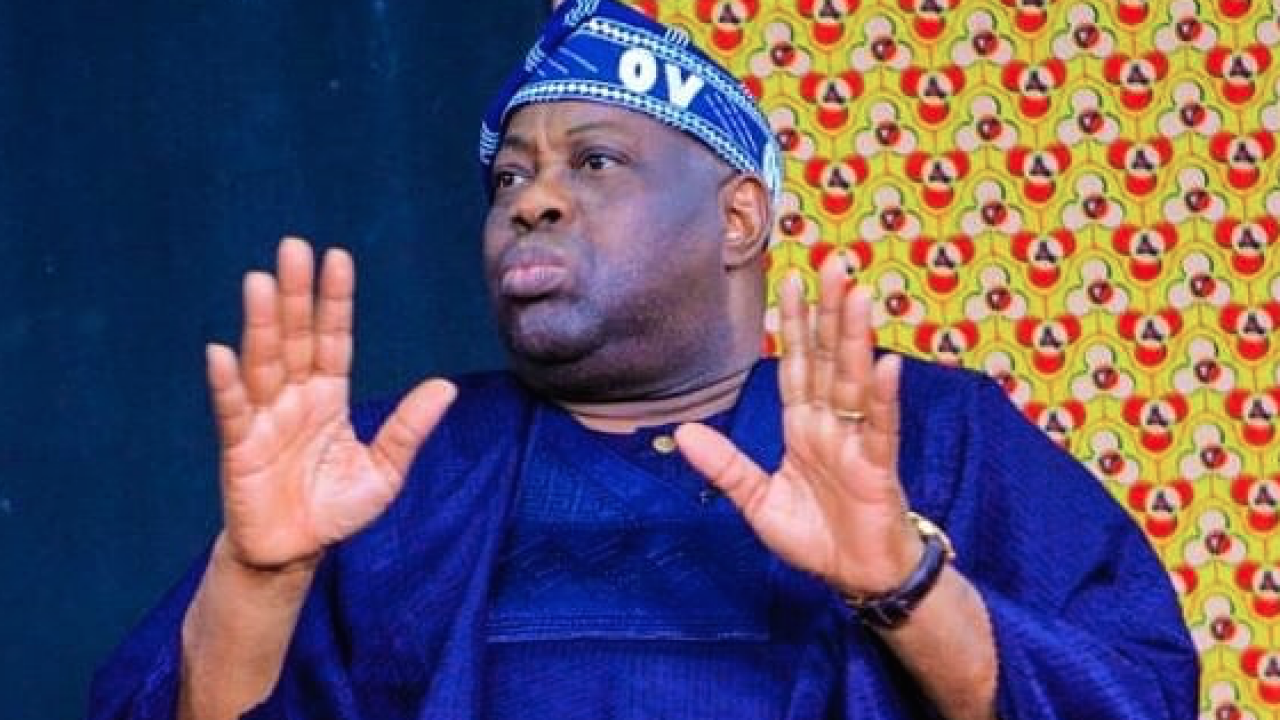Veteran journalist and chieftain of the Peoples Democratic Party (PDP), Dele Momodu, has criticized the entrenched monetization of Nigeria’s political system, where access to leadership positions is often dictated by financial clout rather than merit.
Momodu, who is also the publisher of Ovation International Magazine, expressed his dismay over the systemic financial barriers during a podcast appearance on the Key to Keys Show, hosted by Eden Oasis.
Drawing from his experience as a 2023 PDP presidential aspirant, Momodu revealed the exorbitant costs of political participation, including the N50 million he spent on purchasing his party’s nomination form, which ultimately yielded no delegate votes.
The veteran journalist attributed his failure to the financial inducements prevalent during the primaries.
He alleged that one aspirant distributed $30,000 to each of the 774 delegates—a staggering total of $23.22 million—underscoring the scale of monetization in Nigerian politics.
“There was one of the candidates who paid as high as $30,000 per delegate. With 774 delegates, how do you compete with them? They have stolen the country blind and made deals to amass wealth, especially those from oil-rich regions,” he lamented.
Momodu also highlighted the untraceable nature of the wealth wielded by some politicians, who, according to him, have access to vast amounts of raw cash outside formal banking systems.
READ ALSO: Reno Omokri, Dele Momodu trade barbs in escalating war of words
He described this phenomenon as unique to Nigeria and one that empowers wealthy politicians to dominate the political landscape with impunity.
“There is no country in the world where people control raw cash like Nigeria. If you ask some politicians for $500 million to become President, they will find it. Where will someone like me start from?” he asked rhetorically.
Reflecting on his political journey, Momodu vowed not to contest for a presidential ticket again unless adopted as a consensus candidate. He cited the financial impracticality of competing under the current system, stating:
“Experience is the best teacher. Unless a major political party adopts me as a consensus candidate, I won’t consider running again. Spending N50 million on a nomination form was a waste. That money could have bought me a property. Not one person voted for me because everything was monetized.”
Momodu criticized the systemic inequalities that perpetuate this monetized structure, noting that it stifles credible candidates and undermines democratic ideals.
He emphasized the need for reforms to curb the influence of money in Nigeria’s politics and foster a more equitable system.
Momodu’s revelations have reignited conversations about the need for electoral reforms to address financial inducement and ensure a level playing field for all aspirants.
His account offers a sobering glimpse into the challenges faced by candidates without deep financial reserves and highlights the urgent need for systemic change.

 Entertainment5 days ago
Entertainment5 days ago
 Comments and Issues1 week ago
Comments and Issues1 week ago
 Comments and Issues1 week ago
Comments and Issues1 week ago
 Health7 days ago
Health7 days ago
 Comments and Issues1 week ago
Comments and Issues1 week ago
 Health3 days ago
Health3 days ago
 Football7 days ago
Football7 days ago
 Football7 days ago
Football7 days ago

